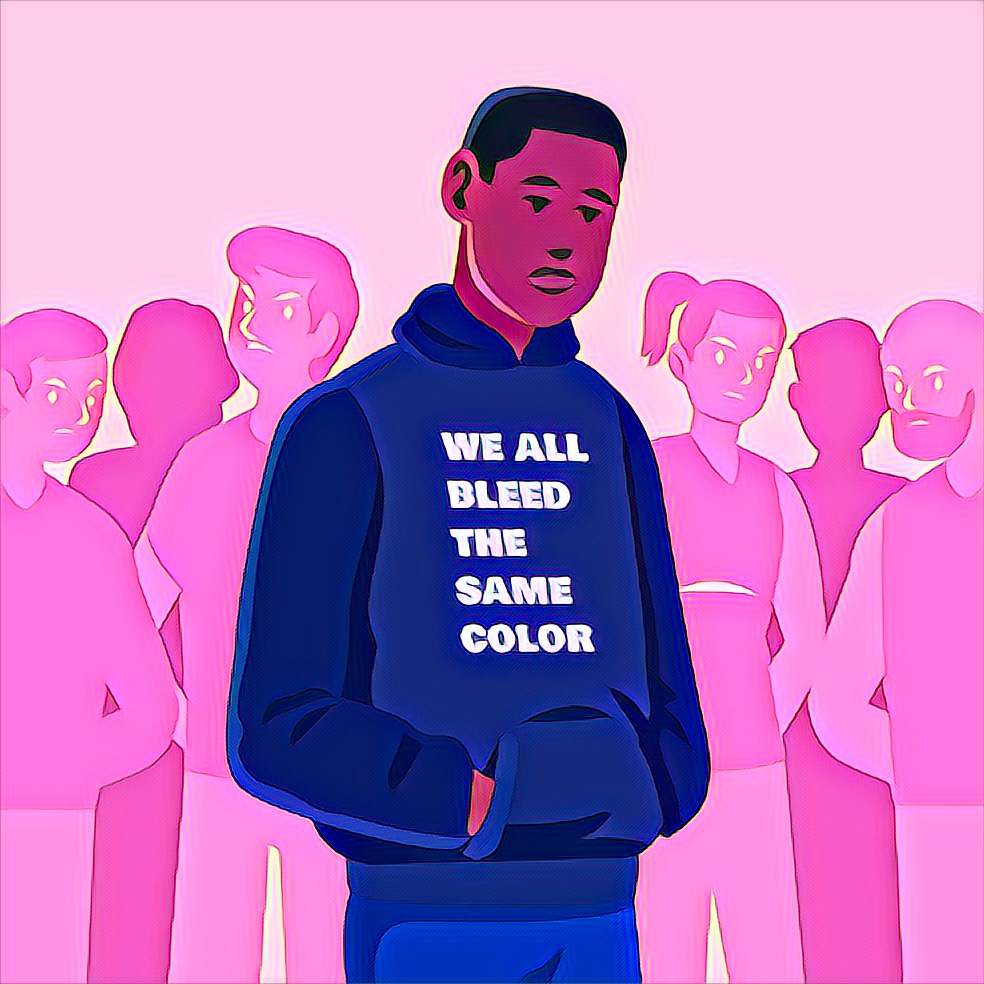In a heart-wrenching incident last week, a young female banker in Nigeria ended her life by consuming Sniper, a potent insecticide, in her office restroom. The discovery of her suicide note unveiled a world of torment—low personal performance, economic hardship, and a future perceived as bleak and full of suffering.
This tragic event casts a stark light on the broader issue plaguing Nigerian society: the immense pressures exerted on its youth. From academic excellence to excelling in sports and music, young Nigerians are burdened with exceedingly high expectations. Alarmingly, some are even driven towards reprehensible paths like internet fraud and money rituals, under the influence of societal pressures for quick wealth accumulation.
In January 2022, the media spotlighted the case of 32-year-old Afeez Olalere, arrested in Lagos. His startling confession revealed that his mother had not only encouraged him to murder his younger brother for a money ritual but had also escorted him to a herbalist who emphasized the need for a sibling’s sacrifice for success in fraudulent activities.
According to a report by Vanguard, the Russian anarchist Pyotr Kropotkin once noted the dichotomy between competition and cooperation, suggesting that while the former is a natural law of the jungle, the latter is the hallmark of civilisation. Today’s society, however, seems overly inundated with competitive pursuits, from music and dance contests to sports and academic competitions. While these may spur some to remarkable achievements, they also kindle the more destructive aspects of human nature, leaving many feeling inadequate, restless, and creatively stifled.
Most competitions crown only a handful of winners, leaving many participants feeling rejected and worthless. This societal dismissal, real or perceived, sometimes leads youths to compensate through criminal activities, driven by a misguided belief that notoriety is preferable to obscurity.
Nature, in its inherent wisdom, has made room for all, from the majestic eagle to the modest hummingbird. The brilliance of one star does not diminish the glow of another. Similarly, each individual, regardless of the intensity of their talents or achievements, has a unique contribution to make.
The call to action is clear: parents, educational institutions, religious organizations, private entities, and government bodies must work together to mitigate the damaging effects of unhealthy competition. It’s time to foster an environment where young people can thrive as their authentic selves, free from the relentless pressures to conform to an unrealistic standard of success.


